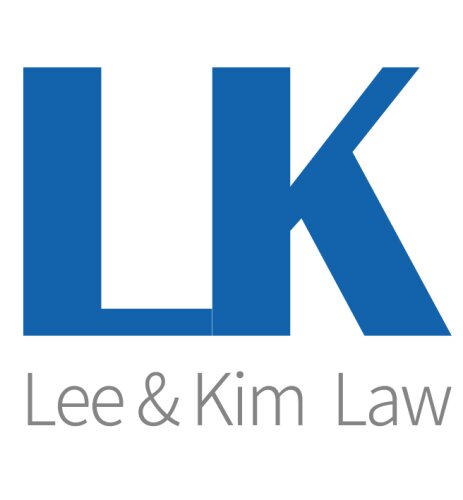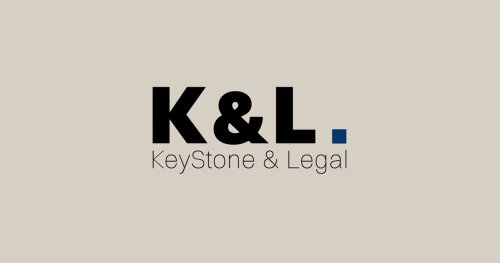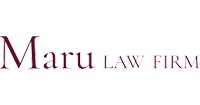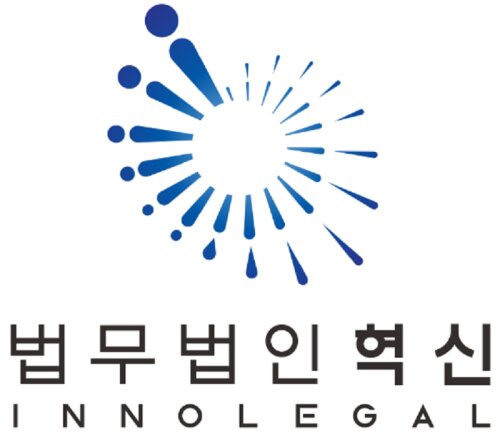Best Mortgage Lawyers in Seoul
Share your needs with us, get contacted by law firms.
Free. Takes 2 min.
Free Guide to Hiring a Real Estate Lawyer
List of the best lawyers in Seoul, South Korea
About Mortgage Law in Seoul, South Korea:
Mortgage law in Seoul, South Korea regulates the financing of real estate properties through loans secured by the property itself. The mortgage process involves a borrower obtaining a loan from a financial institution and using the property as collateral. If the borrower fails to repay the loan, the lender has the right to foreclose on the property.
Why You May Need a Lawyer:
You may need a lawyer for mortgage-related issues such as reviewing and negotiating mortgage agreements, understanding your rights as a borrower, resolving disputes with lenders, or facing foreclosure proceedings. A lawyer can provide legal advice and representation to protect your interests throughout the mortgage process.
Local Laws Overview:
In Seoul, South Korea, the mortgage process is governed by the Korean Civil Code and related regulations. It is important to understand the legal requirements for obtaining a mortgage, the rights and obligations of borrowers and lenders, and the procedures for handling mortgage-related disputes. Consulting with a lawyer experienced in mortgage law can help you navigate the legal landscape effectively.
Frequently Asked Questions:
1. What are the basic requirements for obtaining a mortgage in Seoul, South Korea?
To obtain a mortgage in Seoul, South Korea, you typically need to have a stable income, a good credit history, and a sufficient down payment. The property you intend to purchase will also be evaluated by the lender to determine its value and suitability as collateral.
2. What are the risks associated with getting a mortgage in Seoul, South Korea?
The main risks associated with getting a mortgage in Seoul, South Korea include the risk of defaulting on the loan and facing foreclosure, the risk of interest rate fluctuations affecting your monthly payments, and the risk of property value depreciation impacting your equity.
3. How can a lawyer help me with my mortgage in Seoul, South Korea?
A lawyer can help you understand the terms of your mortgage agreement, review and negotiate the terms to protect your interests, represent you in disputes with lenders, and guide you through foreclosure proceedings if necessary. A lawyer can provide valuable legal advice and advocacy throughout the mortgage process.
4. Can I refinance my mortgage in Seoul, South Korea?
Yes, you can refinance your mortgage in Seoul, South Korea to take advantage of lower interest rates, extend the repayment term, or change the type of mortgage. Refinancing can help you save money on interest payments and adjust your mortgage to better suit your financial situation.
5. What are the key differences between fixed-rate and adjustable-rate mortgages in Seoul, South Korea?
A fixed-rate mortgage in Seoul, South Korea has a stable interest rate for the entire loan term, providing predictability in monthly payments. An adjustable-rate mortgage, on the other hand, has an interest rate that can fluctuate based on market conditions, potentially leading to changes in monthly payments over time.
6. How long does the mortgage process typically take in Seoul, South Korea?
The mortgage process in Seoul, South Korea can vary in duration depending on various factors such as the complexity of the loan application, the property evaluation process, and the lender's approval timeline. On average, the mortgage process can take several weeks to a few months to complete.
7. What should I do if I am facing a foreclosure on my property in Seoul, South Korea?
If you are facing a foreclosure on your property in Seoul, South Korea, it is important to seek legal advice immediately. A lawyer can help you understand your rights, explore options to prevent foreclosure, negotiate with the lender, or represent you in court proceedings if necessary.
8. Are there government programs available to assist with mortgage-related issues in Seoul, South Korea?
Yes, the South Korean government offers various programs to assist homeowners facing mortgage-related issues, such as loan modification programs, refinancing assistance, or foreclosure prevention initiatives. Contacting relevant government agencies or organizations can provide you with valuable resources and support.
9. What are the key factors to consider when choosing a mortgage lender in Seoul, South Korea?
When choosing a mortgage lender in Seoul, South Korea, consider factors such as the lender's reputation, interest rates and fees, loan terms and conditions, customer service quality, and flexibility in mortgage products. It is important to compare different lenders and choose the one that best meets your needs and preferences.
10. How can I protect myself from mortgage fraud in Seoul, South Korea?
To protect yourself from mortgage fraud in Seoul, South Korea, be cautious of unsolicited offers, verify the credentials of mortgage brokers and lenders, read and understand all documents before signing, and report any suspicious activity to the relevant authorities. Working with a reputable lawyer can also help you navigate potential fraud risks effectively.
Additional Resources:
For additional information and resources on mortgage law in Seoul, South Korea, you may contact the Financial Services Commission (FSC), the Korea Housing Finance Corporation (KHFC), or consult with legal professionals specializing in mortgage law.
Next Steps:
If you require legal assistance with your mortgage in Seoul, South Korea, consider consulting with a lawyer experienced in mortgage law to assess your situation, provide guidance, and represent your interests as needed. Taking proactive steps to safeguard your rights and navigate the mortgage process effectively can help you achieve a successful outcome.
Lawzana helps you find the best lawyers and law firms in Seoul through a curated and pre-screened list of qualified legal professionals. Our platform offers rankings and detailed profiles of attorneys and law firms, allowing you to compare based on practice areas, including Mortgage, experience, and client feedback.
Each profile includes a description of the firm's areas of practice, client reviews, team members and partners, year of establishment, spoken languages, office locations, contact information, social media presence, and any published articles or resources. Most firms on our platform speak English and are experienced in both local and international legal matters.
Get a quote from top-rated law firms in Seoul, South Korea — quickly, securely, and without unnecessary hassle.
Disclaimer:
The information provided on this page is for general informational purposes only and does not constitute legal advice. While we strive to ensure the accuracy and relevance of the content, legal information may change over time, and interpretations of the law can vary. You should always consult with a qualified legal professional for advice specific to your situation.
We disclaim all liability for actions taken or not taken based on the content of this page. If you believe any information is incorrect or outdated, please contact us, and we will review and update it where appropriate.

















